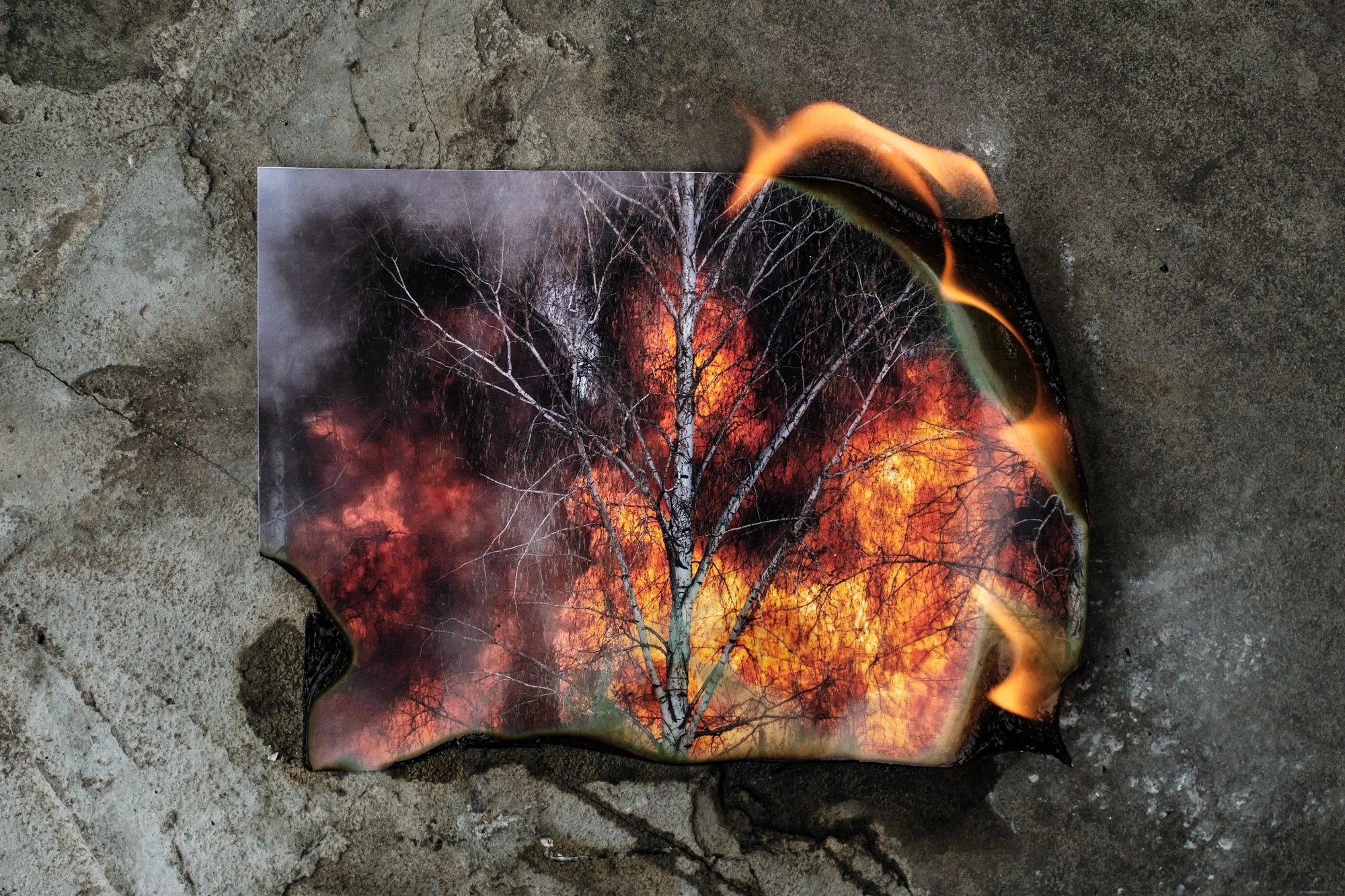
UKRAINE LAB

UKRAINE LAB: LESSONS FROM THE FRONTLINES
Ukraine has been often called a laboratory when it comes to global challenges in the spheres of environment, information, and security. The site of the worst nuclear catastrophe in history, the first target of the Kremlin’s troll farms and disinformation campaigns, the country to spark the collapse of the Soviet Union and to stand up to its neo-imperialist successor: Ukraine has been the first to face and, at times, set in motion, processes that have worldwide consequences.
Russia’s all-out attack became a wake-up call for the international community. The world was first shocked by the sheer brutality of the invasion, then by its own ignorance about the country invaded. It turned out Ukrainians were not ready to surrender to the seemingly superior military power: neither in 72 hours, as was predicted by many western intel agencies, nor seven months into the full-scale war. It turned out Ukrainians were defiant. It turned out their defiance had a history of which the world knew nothing. It turned out the outsiders’ perceptions of Ukraine were shaped by Russia’s imperialist narratives.
Today, the value of Ukrainian knowledge and experience can no longer be dismissed. The urgency to learn from Ukraine is now existential for the rest of the world.
The visual part of the project has been implemented in collaborations with Olga Kovalova.

Black, white, and colourless
Kateryna Iakovlenko tells the story of the war-ravaged industrial region in the east of the country through the elements that shaped it: coal, salt, and gas.
Read in The Ecologist

The Kyiv thickets
Jonathon Turnbull drifts through the wild and weird green spaces in Ukraine’s capital that are brimming with political potential.
Read in The Ecologist

Ukrainian Lottery
Describing the first days of the full-scale invasion, Sofia Cheliak takes a look at those surprising Ukrainians who reject the ready-made model of victimhood and resist the enemy with a sense of humour and purpose.
Read in MIR Online

Luhansk, Stolen
Kris Michalowiczʼs moving essay reminds us that Russia’s war of aggression did not start on 24 February 2022 but has been raging on for eight years.
Read in MIR Online

How Do You Know?
Set in an underground garage and at the receiving end of life-changing news during the battle for Kyiv, Olena Kozar’s essay is a poignant reflection on the effects of information overflow.
Read in openDemocracy

On Which Side?
Exposing how our attention and emotions are manipulated, Phoebe Page’s piece calls on the western audiences to discern Ukrainian voices amidst the noise of Russian propaganda.
Read in openDemocracy